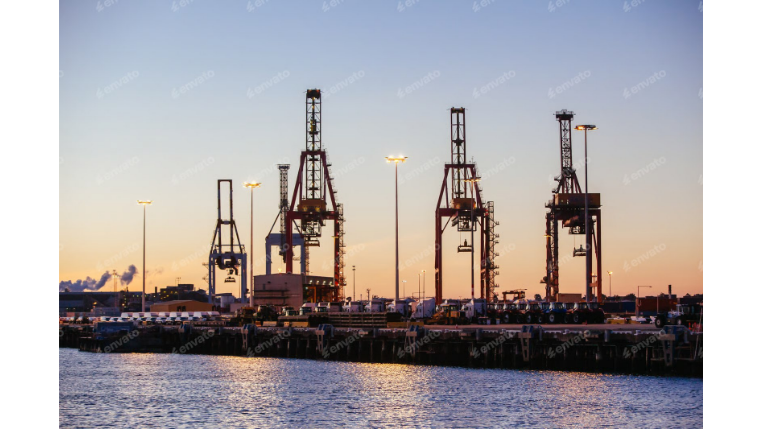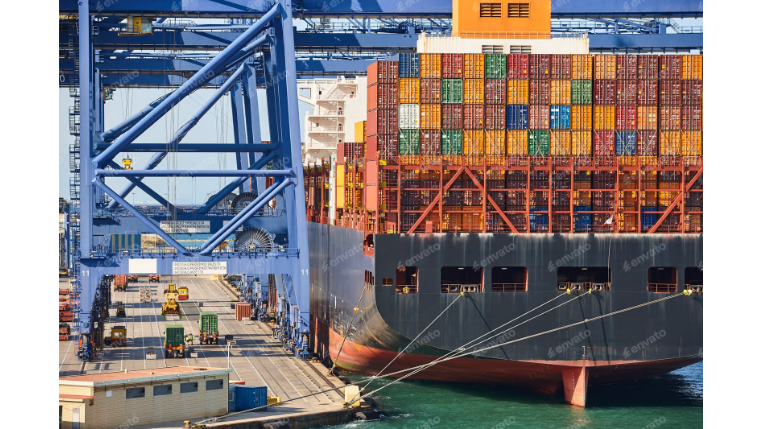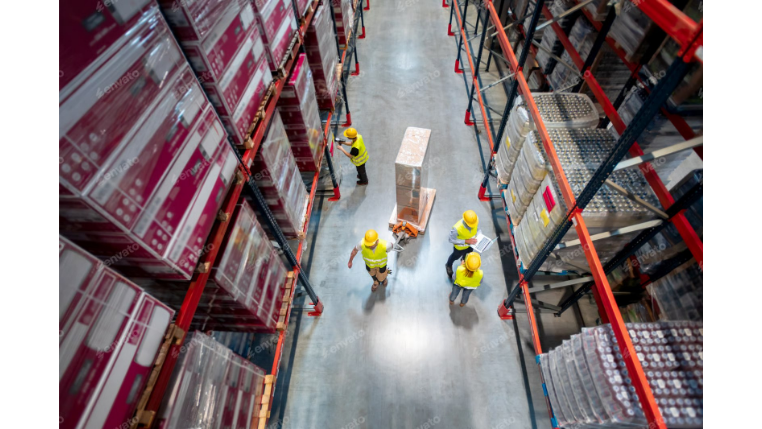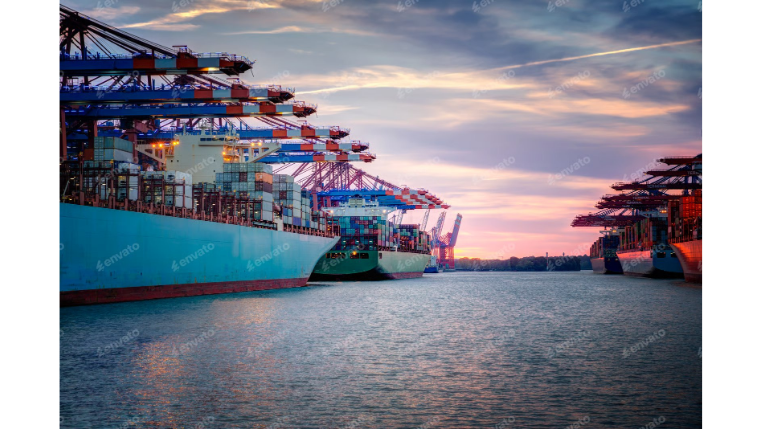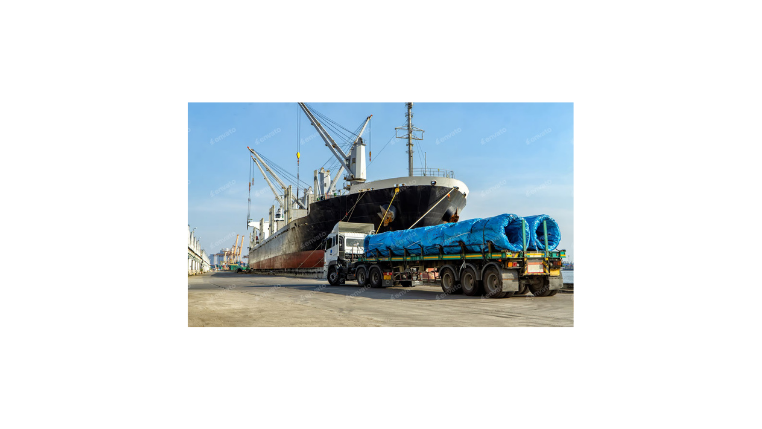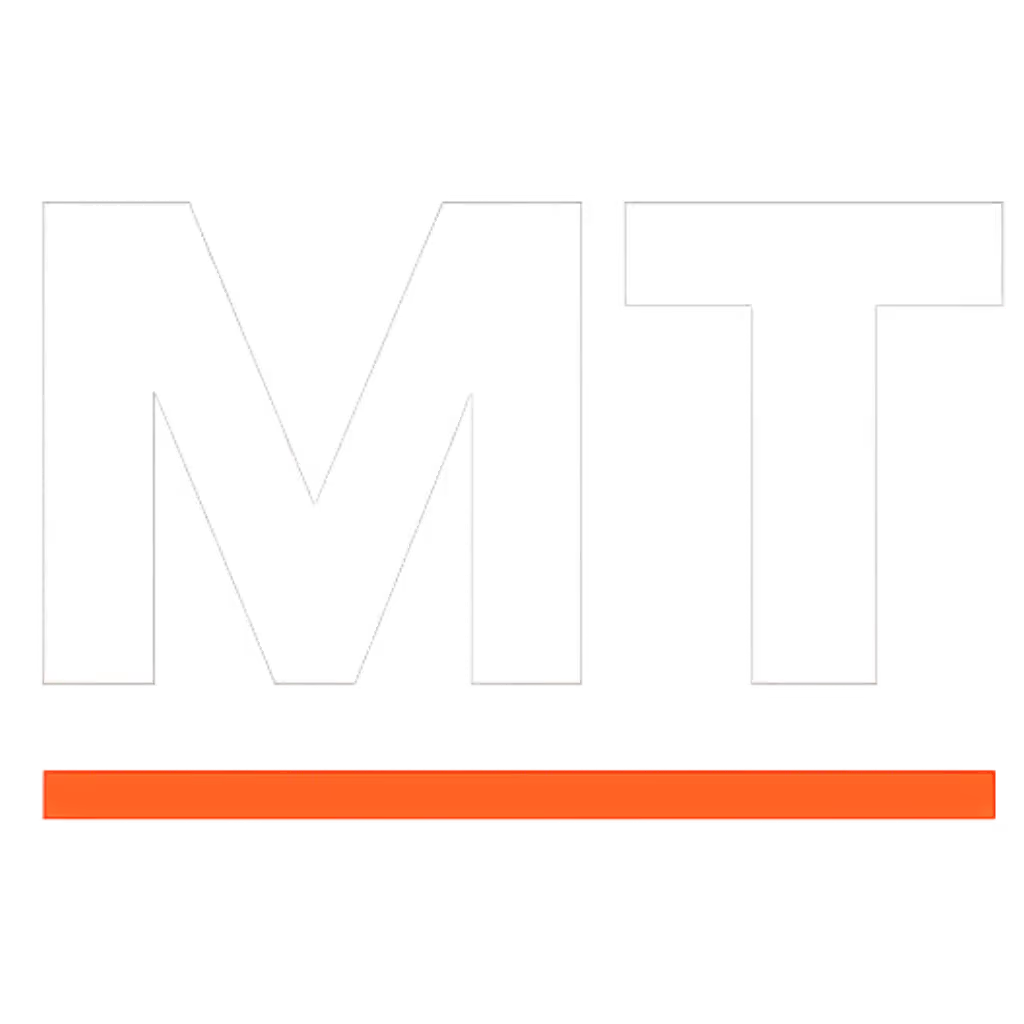The Essential Role of a Customs Broker in Global Trade
In any global supply chain, the international border represents the point of greatest complexity and risk. This is where customs brokers become indispensable partners. As licensed professionals specializing in customs law, documentation, and compliance, they act as the crucial intermediary between businesses and government authorities. This blog explores the vital role customs brokers play in streamlining the movement of goods, ensuring regulatory compliance, and minimizing costly delays, highlighting how their expertise is essential for optimizing any modern supply chain.
What is a Customs Broker?
A customs broker is a highly regulated and licensed individual or firm authorized by a country's customs agency (like U.S. Customs and Border Protection - CBP) to act as a professional agent for importers and exporters. Their core function is to ensure that shipments meet all legal requirements for entry into a country.
To become licensed, brokers must pass a rigorous exam on customs law, tariff schedules, and import/export regulations, and undergo a thorough background check. This ensures they possess the deep expertise needed to navigate the thousands of rules that govern international trade. They are, in effect, translators and navigators of the complex language of customs.
The Core Services of a Customs Broker
A customs broker’s job is far more than just filling out forms. They provide a suite of critical services that are foundational to a successful import or export operation:
- Tariff Classification: This is a cornerstone of their expertise. Brokers classify imported goods according to the Harmonized System (HS), assigning a specific numerical code to each product. This code determines the rate of duty that must be paid.
- Customs Entry and Clearance: They prepare and electronically submit all necessary documentation to the customs authority on behalf of the importer. This "entry package" is the official declaration of the goods.
- Duty and Tax Calculation and Payment: Based on the HS code, country of origin, and value of the goods, the broker calculates the precise amount of duties, taxes, and fees owed and facilitates the payment to the government.
- Compliance and Regulatory Guidance: Brokers act as consultants, advising businesses on trade agreements, product-specific requirements from other government agencies (e.g., FDA for food, EPA for chemicals), and labeling or marking rules.
- Record Keeping and Audits: By law, importers must maintain records of all transactions for several years. Brokers manage this record-keeping process and provide essential support if the business is ever selected for a customs audit.
Why a Customs Broker is a Non-Negotiable Asset
For any serious importer, trying to handle customs without a licensed professional is a significant risk. The value a broker provides is measured in savings of time, money, and stress.
- Mitigating Compliance Risks: The single biggest benefit is risk mitigation. An incorrect HS code, an undervalued shipment, or a missing document can lead to severe penalties, seizure of goods, and even the loss of importing privileges. A broker's primary job is to protect you from these costly errors.
- Saving Time and Preventing Delays: A broker's expertise and their direct electronic links to customs systems ensure that entry documents are filed correctly and efficiently. This expedites the clearance process and prevents your cargo from getting stuck at the port, where it can accumulate expensive demurrage and detention fees.
- Optimizing Costs: An experienced broker can identify opportunities to legally reduce your duty payments. They can leverage Free Trade Agreements (like USMCA), advise on tariff engineering, or identify duty drawback opportunities, putting money back into your pocket.
- Allowing You to Focus on Your Core Business: Customs is a full-time, highly specialized field. Outsourcing this function allows you to focus your resources on what you do best—developing, marketing, and selling your products.
Customs Broker vs. Freight Forwarder: Clearing the Confusion
While their roles can be related, they are distinct:
- A freight forwarder is a logistics expert who arranges the physical transportation of your goods from Point A to Point B.
- A customs broker is a compliance expert who handles the legal entry of your goods into a country.
Many large freight forwarding companies offer in-house brokerage services, providing a "one-stop-shop" experience. However, it's crucial to remember that they are separate functions requiring different licenses and skill sets.
Conclusion
In conclusion, a customs broker is not merely a service provider; they are a vital strategic partner for any business engaged in global trade. They safeguard your company against compliance risks, optimize your costs, and ensure your supply chain remains fluid and predictable. The critical relationship between an importer and their broker is greatly enhanced by modern technology. Digital logistics platforms like Modaltrans create a collaborative and transparent ecosystem where documents can be shared securely and data can be managed efficiently, empowering both the business and its broker to navigate customs with speed and accuracy.


